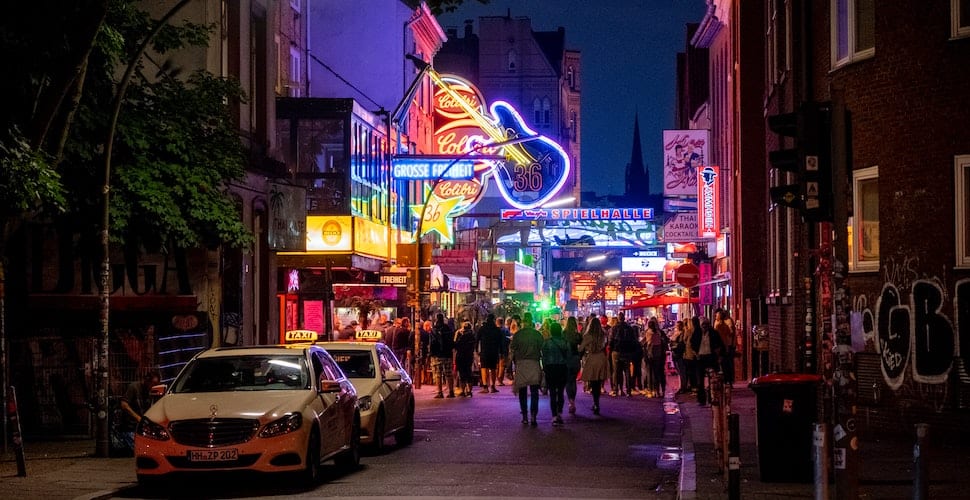Writing in openDemocracy’s Palermo Protocol 20th anniversary special last week, the International Committee on the Rights of Sex Workers in Europe (ICRSE) highlighted that the conflation of human trafficking and sex work continues to harm sex workers.
At the core of this dispute is the “Swedish Model,” which attempts to regulate sex work by criminalizing the clients of sex workers in order to end demand and therefore, supposedly, protect women from trafficking.
This has led to an approach focused on criminal justice, which channels resources into programs designed to prohibit prostitution in all but name.
While political narratives frame anti-trafficking work as grounded in human rights, punitive approaches persist, which has often resulted in the criminalization of the clients of all sex workers—even those who are not victims of trafficking.
openDemocracy reports:
For anyone interested in the rights of sex workers, the twentieth anniversary of the Palermo Protocol is an unmissable chance to evaluate how sex workers have been impacted by anti-trafficking rhetoric and policy. Whatever opportunities Palermo might have initially presented, it is now inextricably aligned with harmful ideological agendas that sex workers are obliged to resist and reject.
For decades now, sex workers in Europe have been combatting calls to ‘abolish prostitution’. These have gained prominence via the conflation of trafficking and sex work. Researchers have repeatedly demonstrated that this conflation is flawed, yet it continues to be championed by opponents of the ‘sex work is work’ approach.
Much of the opposition to sex work comes from conservatives, but some radical feminists also promote the conflation of sex work and trafficking, which advocates argue ignores the agency of sex workers.
To make their case, some radical feminists amplify the voices of survivors of trafficking, but often do so very selectively, ignoring those survivors of trafficking who call for the decriminalization of sex work.
The ICRSE say that this allows politicians, activists, and the general public to play the role of saviors, while ignoring the context within which the crime of human trafficking takes place—along with the root causes and factors that exacerbate vulnerability to trafficking.
Sex workers should be agents of change regarding issue affecting them, however there is a feeling that sex workers are not welcome in anti-trafficking spaces, where a dogmatic approach to prostitution as a form of slavery continues to prevail.
The ICRSE argues that the anti-trafficking community is ignoring the voices of some communities, such as sex workers, that are vulnerable to trafficking but—because they often include undocumented migrants and informal workers—are politically inconvenient.
By doing this, the anti-trafficking community is avoiding bigger questions related to trafficking such as security, migration, labor and social justice policies, and the design of economic systems.
As sex workers and advocates continue to challenge what they see as harmful policies targeting their workplaces and clients, rather than traffickers, the post-COVID recession presents a crucial time to ask which approach is best suited to protect those most at risk in our society.
Freedom United responded this week to the Scottish Government’s consultation on ‘challenging men’s demand for prostitution’. It is our view that current approaches to sex work aren’t protecting women from violence and trafficking. Read our responses here.





Freedom United is interested in hearing from our community and welcomes relevant, informed comments, advice, and insights that advance the conversation around our campaigns and advocacy. We value inclusivity and respect within our community. To be approved, your comments should be civil.
This article could be a bit simpler to read. I’m well educated and read a lot but this was somewhat confusing.
“Sex workers should be agents of change regarding issues affecting them“. Great, and at some point, their solutions will have to be publicised. What are the likely solutions? Licences? Take care that as you put a halo around the agency of the tiny percentage of providers of paid sex that need their income, the much larger number that are trafficked into sex slavery must still be able to send the destroyers of their lives to jail. And is it ‘agency’ if you need the income but don’t want the work?